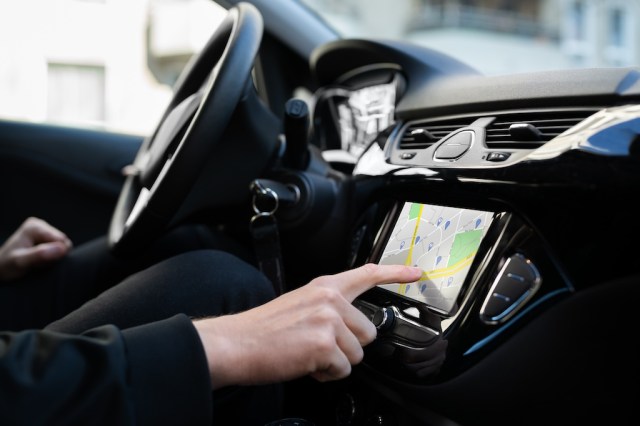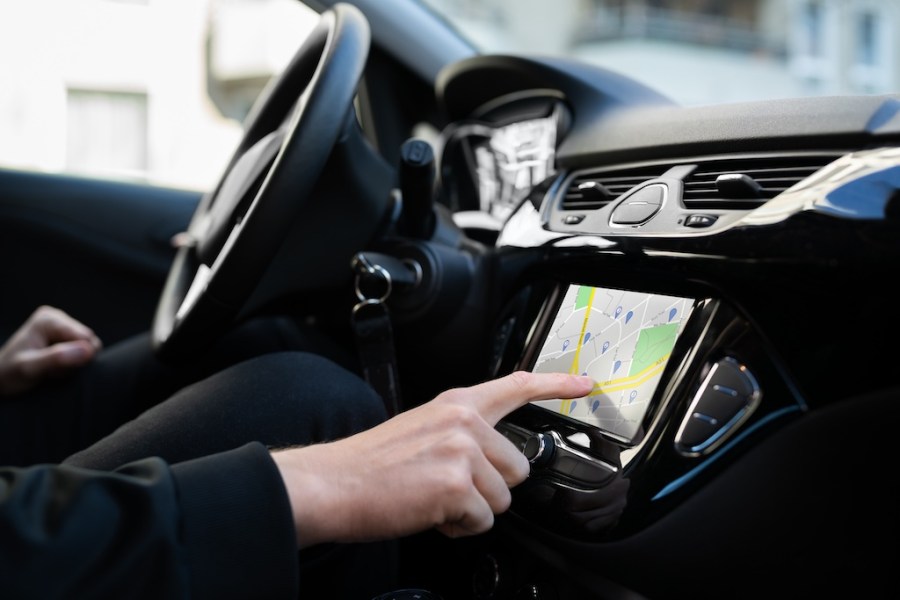
In our fast-paced digital world, where technology is evolving faster than ever, GPS coordinates have become a crucial tool for accurate location tracking. Whether you’re exploring new places or looking for a particular address, these coordinates provide a reliable and accurate way to identify any location on the globe. In this article, we’ll look at the importance of using GPS coordinates for address tracking and discover how they can significantly improve our daily experiences.
Understanding GPS Coordinates
GPS coordinates are a set of numerical values that represent a specific point on the Earth’s surface. These coordinates consist of latitude and longitude measurements, which indicate the position north or south (latitude) and east or west (longitude) of the prime meridian and the equator respectively. By combining these two values, we can accurately determine any location on the planet.
One of the main benefits of using GPS coordinates for address tracking is their increased accuracy compared to traditional street addresses. While street addresses often rely on subjective interpretations by individuals or may contain errors in databases, GPS coordinates provide an objective, standardized method for accurately locating any location.
Additionally, GPS technology is not limited by geographic boundaries or language barriers. It provides a universal way to identify locations, regardless of language differences or local naming conventions. This makes it particularly useful when traveling abroad or to remote areas where conventional postal addresses may be unreliable.
Efficient navigation and route planning
GPS coordinates also play a crucial role in effective navigation and route planning. With navigation systems equipped with GPS technology, users can enter specific latitude and longitude values to accurately plot their desired destination. This eliminates confusion caused by similar street names or incomplete addresses, ensuring travelers reach their destination without hassle.
Additionally, using GPS coordinates allows for more accurate route planning by taking into account factors such as traffic conditions, road closures and alternative routes in real time. This ensures that users can make informed decisions and avoid unnecessary delays during their journey.
Expanding Opportunities in Various Industries
The use of GPS coordinates extends beyond personal navigation and has found applications in various industries. For example, logistics companies rely on GPS coordinates to track shipments, optimize delivery routes, and improve overall supply chain efficiency. Emergency services also use GPS technology to quickly locate people in distress and send help to the precise location.
Additionally, the tourism and outdoor recreation industries benefit greatly from the use of GPS coordinates. Hikers, campers and adventure enthusiasts can identify specific points of interest or navigate difficult terrain more effectively using these coordinates.
Conclusion
GPS coordinates have revolutionized the way we track addresses and navigate our world. Their improved accuracy, effective route planning capabilities, and wide range of applications across industries make them a valuable tool for precise location tracking. Whether you are a traveler exploring new destinations or a business optimizing your logistics operations, integrating GPS coordinates into your daily life will undoubtedly improve your experiences and streamline your business.
This text was generated using a large language model, and selected text has been edited and moderated for purposes such as readability.
